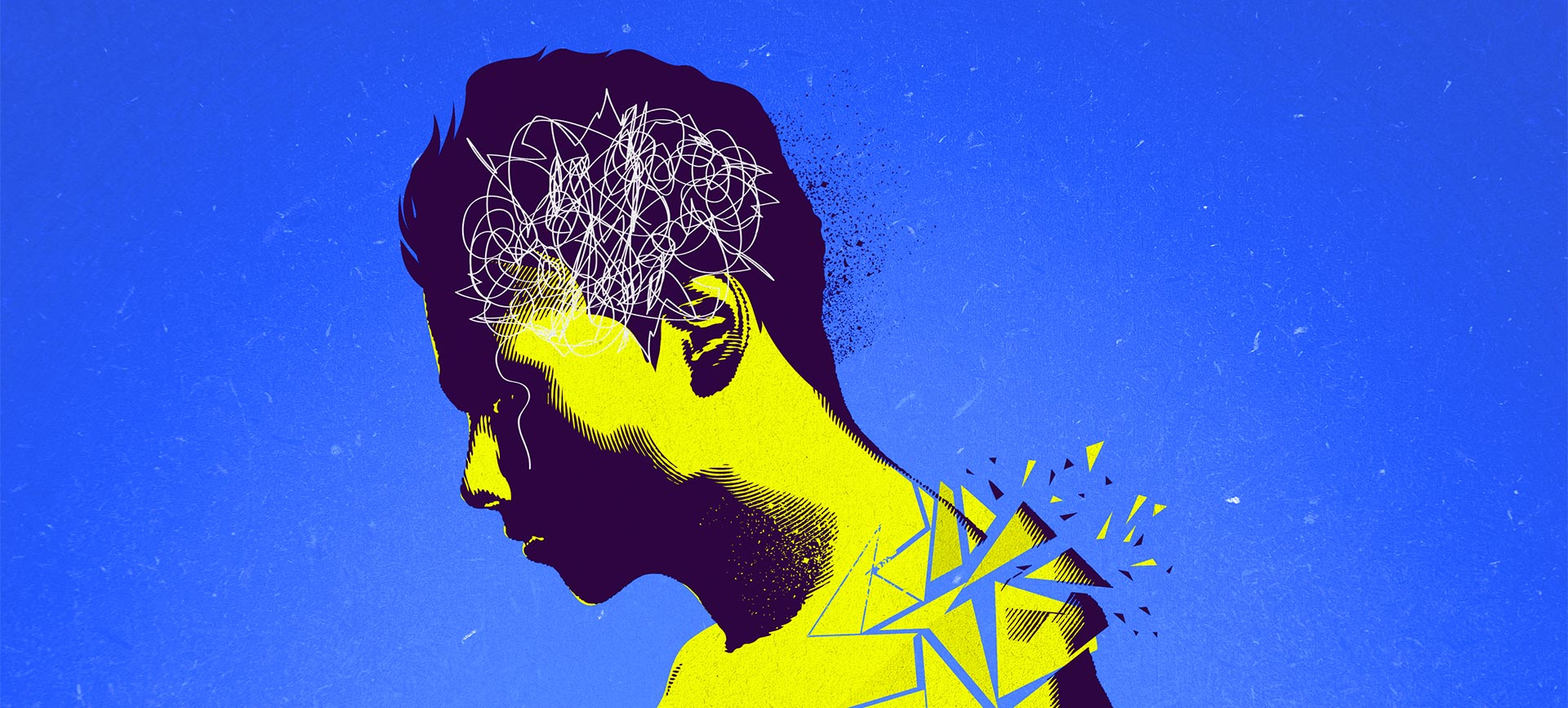Justin Houman, M.D., a reproductive urologist and men's health specialist at Tower Urology in Los Angeles and the medical director for Bastion Health, an app-based telehealth platform for men, said there are several key factors particularly affecting men's mental health:
- Male-specific mental health disorders. Some mental health disorders are more commonly diagnosed in men, such as male-specific depressive disorders, including male depression and postpartum depression in men. These conditions may have unique presentations and may require specific attention in addressing men's mental health.
- Masculinity norms. Traditional masculine norms, such as an expectation to be stoic, tough and unemotional, may discourage men from expressing their emotions openly. This can lead to difficulties in coping with emotions and may contribute to mental health issues such as depression, anxiety and substance use.
- Physical health issues. The most common physical health issues in men include low testosterone, prostate problems and sexual health issues, which can impact mental health. These conditions may lead to stress, anxiety, depression and other mental health challenges.
- Relationship and family issues. For example, difficulties in maintaining healthy relationships, divorce and co-parenting challenges can impact men's mental health. Men may face unique pressures and expectations related to their roles as partners, husbands, fathers and providers, all of which can affect their mental well-being.
- Societal expectations and gender roles. Traditional societal expectations and gender roles may place unique pressures on men, which can impact their mental health. For example, societal norms that emphasize men as the primary breadwinners and providers may lead to stress, anxiety and depression if men feel they are unable to fulfill these roles.
- Work-related stress. Men may experience unique work-related stressors, including pressure to succeed professionally, long work hours and workplace discrimination. These stressors can negatively impact mental health, leading to burnout, anxiety and depression.
"There are certain expectations of what it means to be a 'real man' in society, and these expectations can contribute to a sense of inadequacy or failure if men are unable to meet them," said Alisa Ruby Bash, Psy.D., a licensed marriage and family therapist in Malibu, California. "Plus, men may experience unique challenges related to their relationships, such as pressure to be the primary breadwinner or difficulty communicating their emotions."










